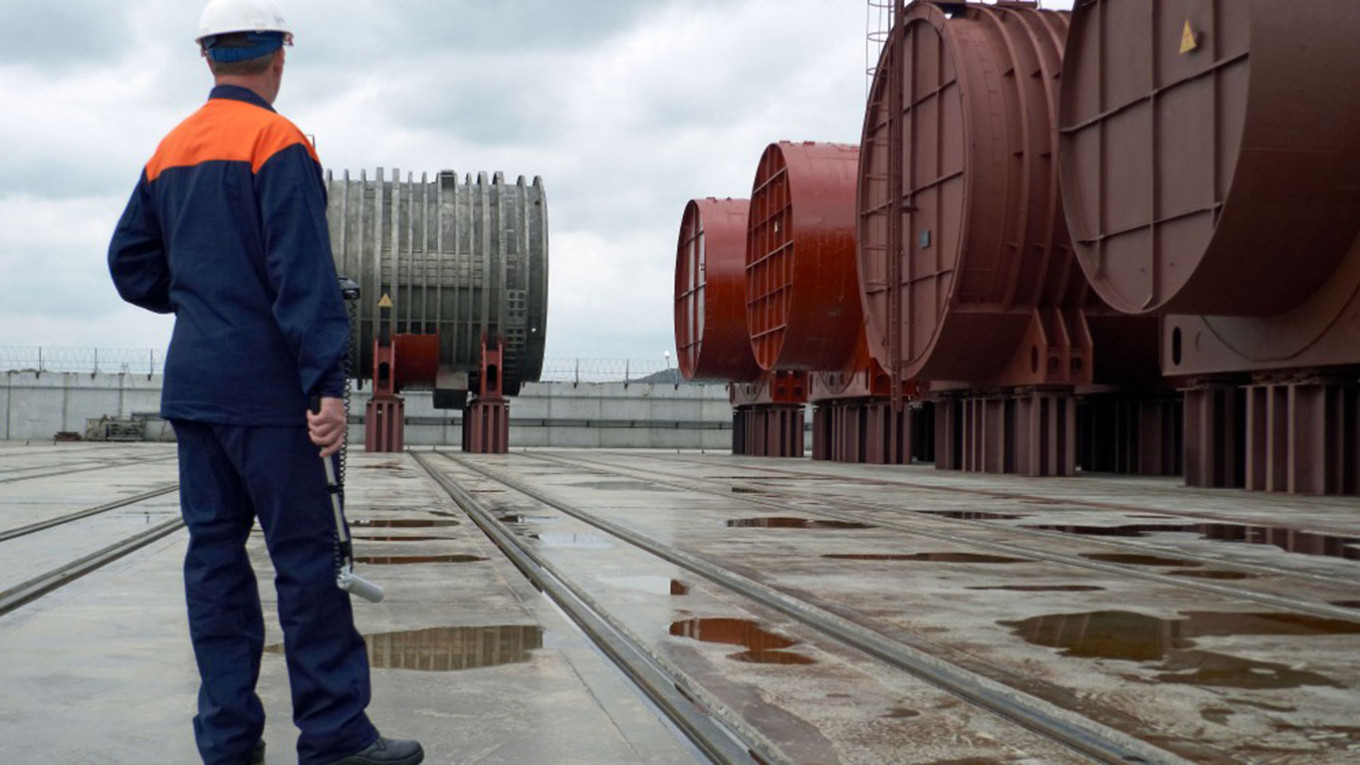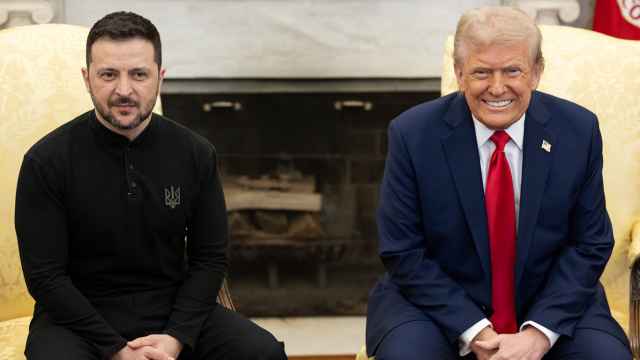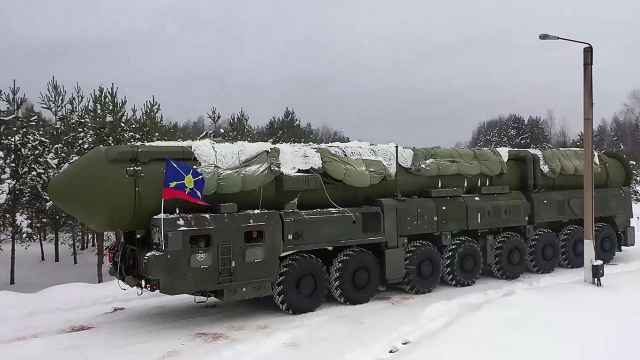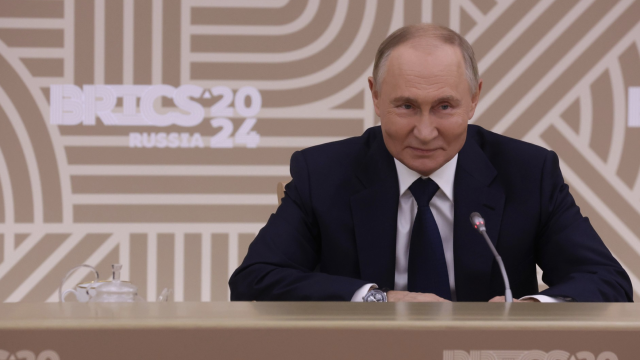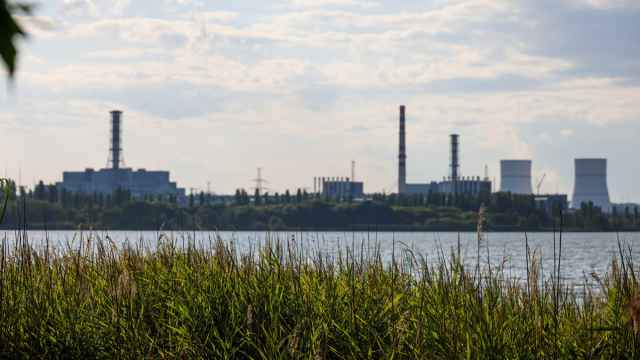Russian state nuclear agency Rosatom this week closed the door for further cooperation with Norway, ending nearly three decades of partnership which saw Norway give Russia more than 2 billion euros to help it secure its nuclear dump sites and improve safety at icebreakers and power plants.
Rosatom representatives on Tuesday announced that Norway is no longer welcome to participate in projects that were until recently financed by Oslo.
Norway froze all financing to nuclear safety projects agreed under a joint commission between the two countries following Russia’s unprovoked military attack on Ukraine in February.
This is said to be the main reason why Russia is now saying that no pay means no access.
However, Norway has said contact channels, emergency preparedness and information sharing would continue.
Russia and its western neighbor share a coastline on the Barents Sea and have a common interest in avoiding radioactive leakage into the marine environment.
Some of the largest run-down dump sites for radioactive waste and spent nuclear fuel from Soviet-era submarines are stored some 60 kilometers from the land border with Norway.
“Nuclear security cooperation between Norway and Russia is a key dimension in our bilateral relationship. It is in our common interest to reduce the risk of accidents and radioactive contamination,” the foreign ministry in Oslo said in a statement following a May 31 meeting of the Norwegian-Russian Commission on nuclear safety.
Previously, a state secretary with the foreign ministry had headed the Norwegian delegation in the commission.
This meeting, however, was led by the director of the Radiation and Nuclear Safety Authority (DSA) as Norway no longer maintains political contact with Moscow.
“We will continue the dialogue with Russian authorities on nuclear safety issues important for our own preparedness, and to reduce the risk of accidents and radioactive pollution,” said DSA Director Per Strand.
The two countries have an agreement to notify each other in case of accidents that could lead to cross-border radioactive contamination. Russia, though, has never informed Norway about any accidents involving military reactor installations, such as the deadly July 2019 fire on the nuclear-powered special mission submarine Losharik in waters off the Kola Peninsula.
No information was given either when a nuclear-powered weapons system exploded in the White Sea later the same year, killing five Rosatom experts and sending a cloud of radioactive gas over the city of Severodvinsk.
The Norwegian delegation expressed deep worries over safety at Ukrainian nuclear power plants after Russia launched the war on Feb. 24 and started firing at buildings of the Zaporizhzhia nuclear power plant while reactors were in operation.
The spent nuclear fuel storage in Andreeva Bay is one location where the doors are now closed for Norwegians. The storage site across the bay from the submarine base in Zapadnaya Litsa still holds some 10,000 spent nuclear fuel elements stored in run-down concrete tanks.
The first shipment of spent nuclear fuel from these storage tanks took place in 2017, an event attended by Norway’s then-Foreign Minister Børge Brende. The following five-year period saw a removal of the non-problematic fuel elements, first by ship to Murmansk and then by train to a reprocessing plant in Mayak near Chelyabinsk. Much of the work is paid for by Norway.
Now, however, remains the most challenging work in Andreeva Bay: the damaged elements where experts fear accidents could happen during lifting and re-packing into new containers.
While exchange of information was discussed at the Commission meeting, no details on how progress will be followed up were given.
Naturvernforbundet (Friends of the Earth Norway) is an organization that has followed nuclear safety work in Russia in cooperation with local non-governmental groups for years. This year, the group decided to stay away from the Commission meeting.
While it was work by NGOs that triggered national authorities’ attention to the urgency of nuclear safety in the north in the 1990s, these groups have few options to maintain a watchdog position in Russia given the current climate there.
The Kremlin’s crackdown on civil society aiming to cripple NGOs with foreign funders or partners has escalated in recent years. Consequently, most environmental groups have shut down or abandoned their work.
As Russia’s war in Ukraine intensifies, so has defiance back home causing fear, hopelessness and silence. Protesters are jailed and many have moved to exile.
“The long-term repression of Russian civil society is one of the explanations for how this war became possible,” said Kjersti Album of Naturvernforbundet. “We have seen a steady deterioration since 2000, especially so since 2015.”
Together with local environmental NGOs in the Murmansk region as well as in Moscow and St. Petersburg, Naturvernforbundet had published several studies over the years on how older nuclear power plants can be safely decommissioned when shut down.
“Today, those who actively criticize the authorities, whether they be environmentalists, journalists or media companies, even individuals, can be branded as ‘foreign agents’,” Album said.
“People risk 15 years in prison for talking publicly about the war.”
This article has been adapted from its original version published by The Barents Observer.
A Message from The Moscow Times:
Dear readers,
We are facing unprecedented challenges. Russia's Prosecutor General's Office has designated The Moscow Times as an "undesirable" organization, criminalizing our work and putting our staff at risk of prosecution. This follows our earlier unjust labeling as a "foreign agent."
These actions are direct attempts to silence independent journalism in Russia. The authorities claim our work "discredits the decisions of the Russian leadership." We see things differently: we strive to provide accurate, unbiased reporting on Russia.
We, the journalists of The Moscow Times, refuse to be silenced. But to continue our work, we need your help.
Your support, no matter how small, makes a world of difference. If you can, please support us monthly starting from just $2. It's quick to set up, and every contribution makes a significant impact.
By supporting The Moscow Times, you're defending open, independent journalism in the face of repression. Thank you for standing with us.
Remind me later.


